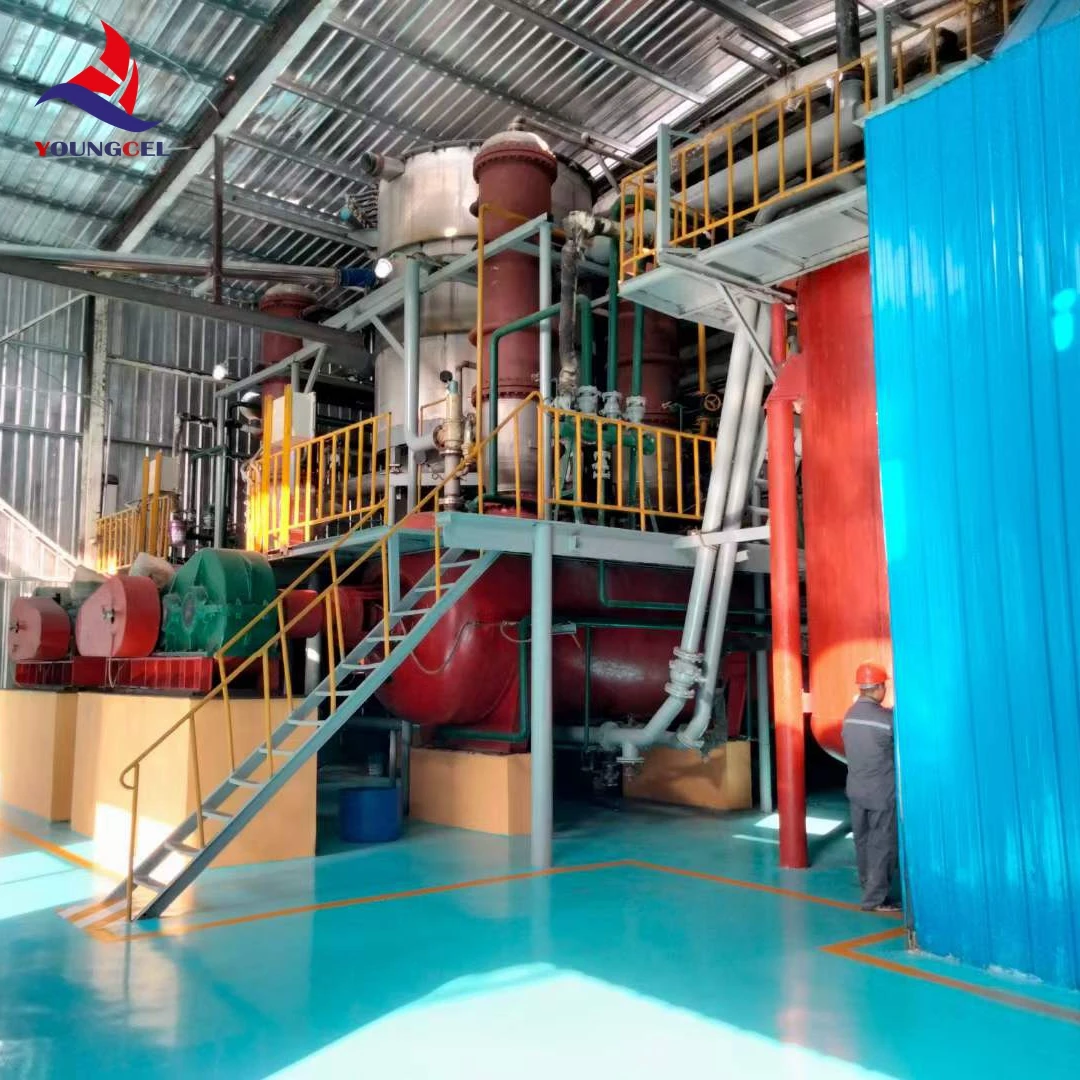Hydroxyethyl Cellulose (HEC) A Versatile and Essential Polymer
Hydroxyethyl cellulose (HEC) is a non-ionic, water-soluble cellulose derivative derived from natural cellulose. It plays a significant role in various industrial and consumer applications due to its unique properties, which include high viscosity, thickening ability, and excellent gel-forming characteristics. As a versatile polymer, HEC is widely utilized across different sectors, including pharmaceuticals, cosmetics, food processing, and construction.
One of the primary applications of HEC is in the pharmaceutical industry. HEC is an essential ingredient in drug formulation, acting as a thickening and stabilizing agent. It enhances the viscosity of liquid formulations, making them easier to measure and administer. Moreover, HEC improves the stability of suspensions and emulsions, ensuring that active ingredients remain uniformly distributed throughout the product. This property is particularly critical in developing oral and topical drug formulations.
Hydroxyethyl Cellulose (HEC) A Versatile and Essential Polymer
The food industry also benefits from the properties of HEC. It is used as a thickening agent, emulsifier, and stabilizer in various food products, including sauces, dressings, and dairy products. HEC helps to improve the mouthfeel and texture of food items while maintaining the product's shelf life. Additionally, its ability to retain moisture makes it beneficial in bakery products, where it can enhance freshness and prevent staling.
hydroxyethyl cellulose hec

In the realm of construction, HEC finds application in various cement-based formulations, including mortars and plasters. Its water-retaining properties allow for improved workability and extended open time during application. This characteristic is particularly important in construction, where a longer working time can make a significant difference in the quality and finish of building materials. HEC enables improved adhesion and reduces shrinkage, which can lead to longer-lasting and more durable constructions.
HEC's environmentally friendly profile further adds to its appeal. As a cellulose derivative, it is derived from renewable sources, making it more sustainable than many synthetic polymers. Additionally, HEC is biodegradable, which aligns with the increasing demand for environmentally conscious products. This sustainability aspect is increasingly becoming a selling point in numerous industries as consumers become more aware of environmental issues and the importance of choosing eco-friendly products.
The production of HEC involves the etherification of cellulose with ethylene oxide in an alkaline medium. This process results in the formation of hydroxyethyl groups, which confer both hydrophilicity and the ability to form gels. Depending on the degree of substitution and molecular weight, HEC can exhibit a wide range of viscosities, making it adaptable to various applications.
Despite the myriad benefits HEC offers, it is crucial to consider the potential limitations or challenges that may arise during its use. For instance, while it is generally regarded as safe, the regulatory landscape around additives varies significantly across regions. Manufacturers must be diligent in ensuring compliance with local regulations concerning food and pharmaceuticals.
In conclusion, hydroxyethyl cellulose is a multifaceted polymer that significantly influences various industries. Its role as a thickening and stabilizing agent in pharmaceuticals, cosmetics, and food, as well as its applications in construction, exemplifies its versatility. With an ever-increasing focus on sustainability, HEC stands out not only for its functional benefits but also for its environmentally friendly profile. As research continues to unlock new applications and enhance existing formulations, hydroxyethyl cellulose is poised to remain a vital ingredient across multiple domains, making it an essential component of modern product development.
-
Rdp that The Revolutionary Polymer Powder Transforming Modern Construction MaterialsNewsAug.11,2025
-
Hpmc Powder that Versatile Additive for Detergents and Personal CareNewsAug.11,2025
-
Hpmc Hydroxypropyl Methylcellulose that Essential Building Material Additive from Shijiazhuang Gaocheng YongfengNewsAug.11,2025
-
Hydroxypropyl Methyl Cellulos Hpmc that Essential for Construction ApplicationsNewsAug.11,2025
-
Mhec Powder that Revolutionizing Construction Chemistry with Cellulose Ether SolutionsNewsAug.11,2025
-
Industri Hpmc that The Global Backbone of Advanced ConstructionNewsAug.11,2025




